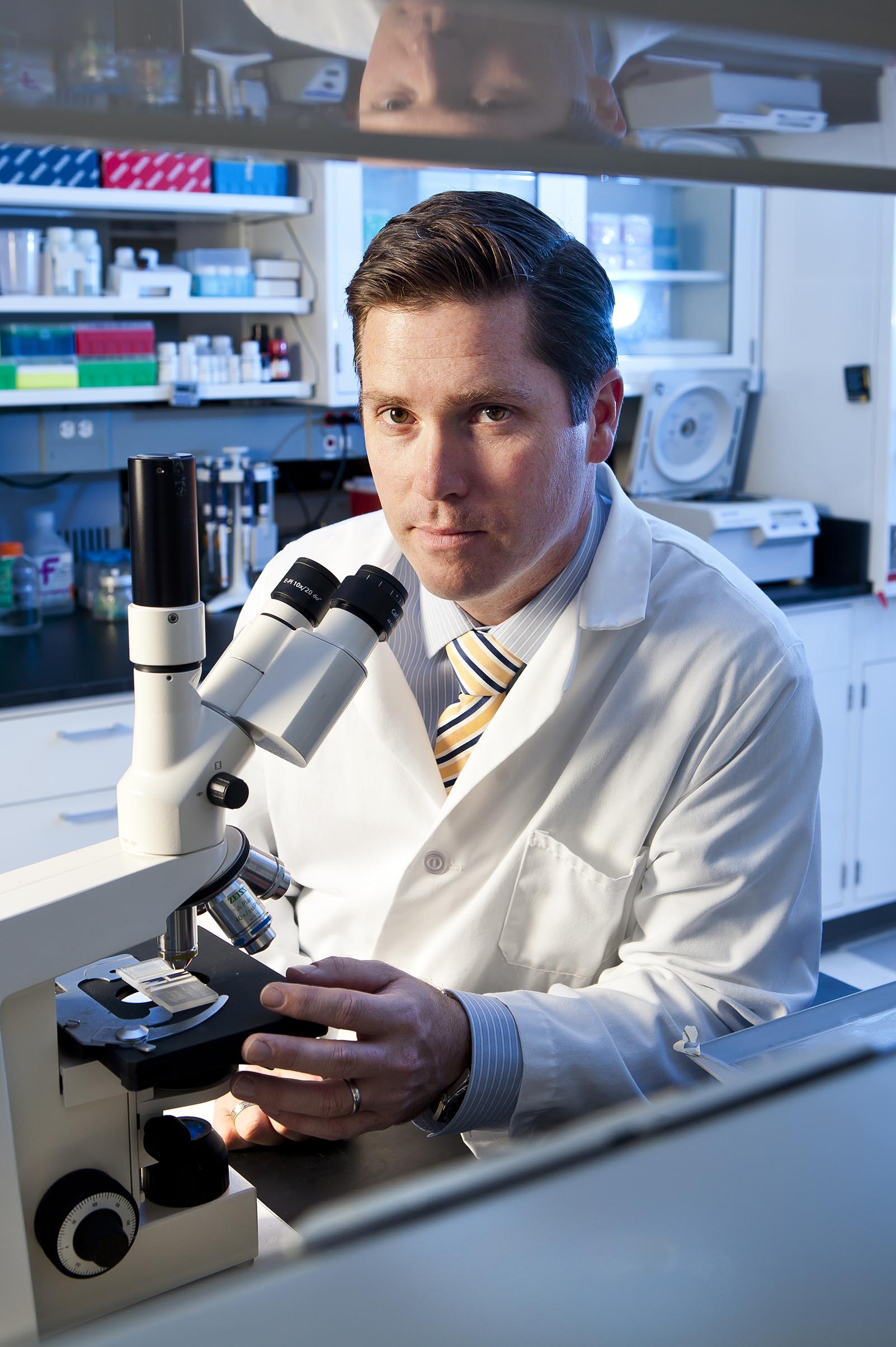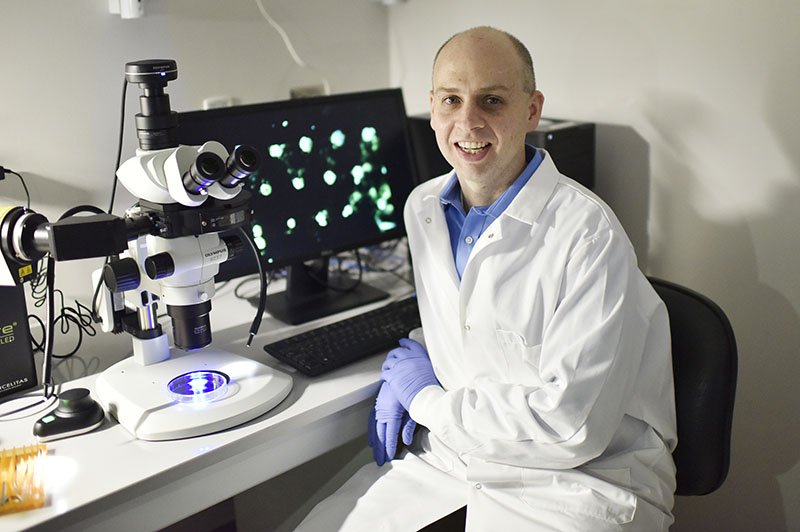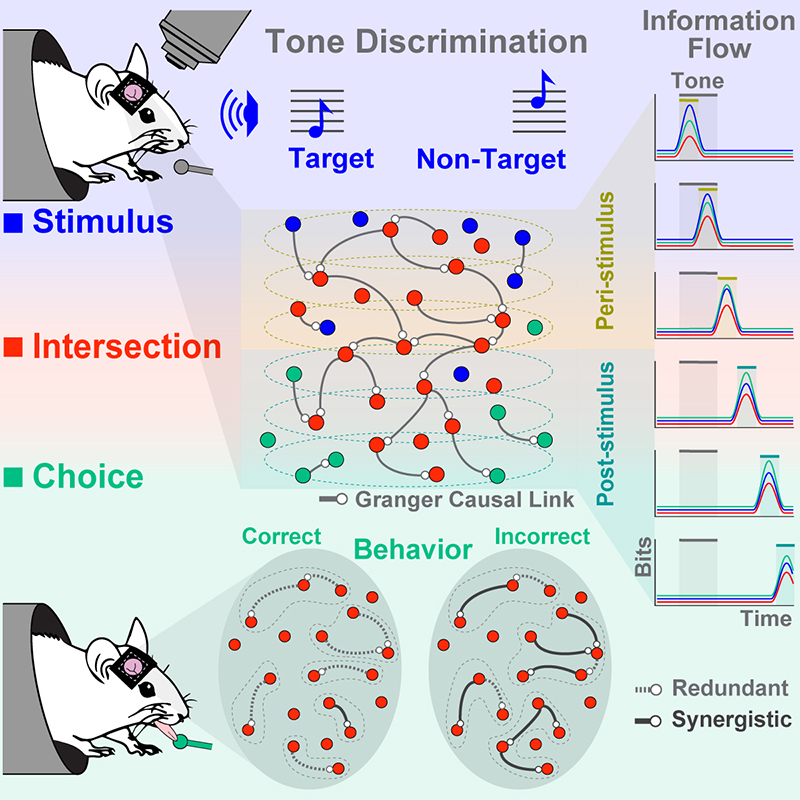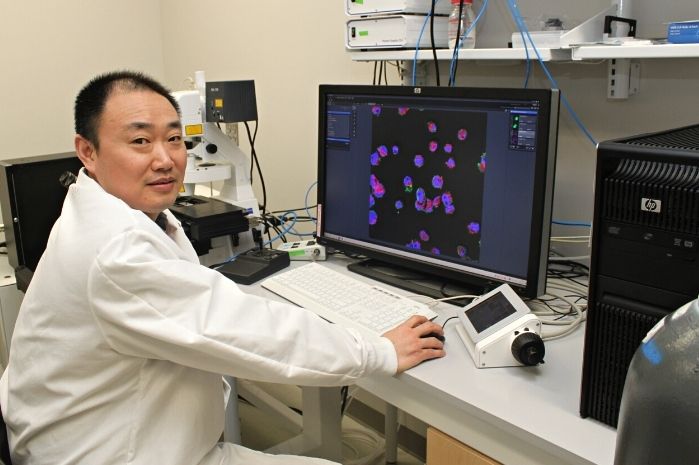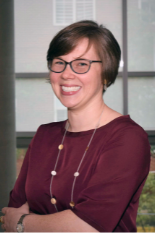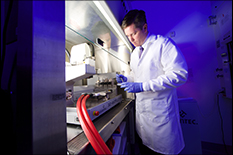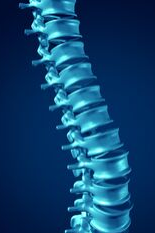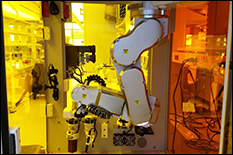News Story
University of Maryland to Lead NIH-Funded Center for Engineering Complex Tissues
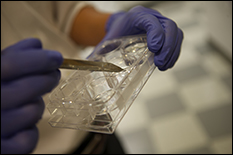
Photo by: John T. Consoli/University of Maryland
COLLEGE PARK, Md.—The University of Maryland (UMD) announced today that it will lead a National Institutes of Health (NIH)-funded Biomedical Technology Resource Center (BTRC) aimed at advancing techniques to create complex tissues and parts for the body, such as for organs and bone. The NIH awarded a $6.25 million grant to the newly established Center for Engineering Complex Tissues (CECT), for which Rice University and the Wake Forest Institute for Regenerative Medicine (WFIRM) will serve as key partners.
“For years, tissue engineers have worked to improve quality of life for millions impacted by illness or trauma,” said John P. Fisher, CECT director and Fischell Family Distinguished Professor and Chair of UMD’s Fischell Department of Bioengineering. “By bringing together experts in bioengineering, biomaterials, and additive manufacturing, CECT will serve a critical role in fostering the kind of technological advancement that has the potential to transform how bones, tissue, and organs are repaired or replaced.”
Alongside Fisher, Rice University Louis Calder Professor of Bioengineering and Chemical and Biomolecular Engineering Antonios Mikos will serve as the center’s associate director. Anthony Atala, WFIRM director, and James Yoo, WFIRM associate director, will serve as co-principal investigators. Curt Civin, director of the Center for Stem Cell Biology and Regenerative Medicine at the University of Maryland School of Medicine in Baltimore, will also provide collaborative support as part of the MPowering the State partnership between the University of Maryland, College Park and Baltimore campuses.
Building on the group’s longstanding bioengineering, biomaterials, and additive manufacturing expertise, the center will serve as a national hub for transforming current tissue engineering and 3-D printing technologies into new and improved platforms for everyday uses in regenerative medicine.
3-D bioprinting – a technology application through which engineers create cell patterns in a confined space using 3-D printing – offers new avenues through which engineers can respond to the growing need for tissues and organs suitable for transplantation. While still a young frontier in regenerative medicine, 3-D bioprinting offers hope that one day human health advancements will no longer be mired by organ donation shortages or organ transplant incompatibility.
“CECT is unique as it focuses both on the engineering of complex tissues and on the growing field of bioprinting,” Mikos said. “This grant is a great opportunity and responsibility to further develop the field and move it to the clinic.”
At the core of CECT’s research capabilities are three technology research and development projects that will promote development across three main biological systems: stem cell culture (UMD), fabrication of cellular constructs (WFIRM), and construction of heterogeneous tissue scaffolds (Rice). Additionally, CECT will oversee six collaborative projects, six service projects, and multiple training programs to foster expert collaboration for the advancement of tissue engineering.
“We are proud to be part of this collaborative effort to advance the field of 3-D bioprinting,” Atala said. “We believe bioprinting represents one of the most promising strategies for increasing the number of patients who can benefit from replacement tissues and organs.”
“Many of today’s most transformative advancements in human health came to life because leaders in STEM worked collaboratively to share knowledge, ideas, and creative vision,” said Darryll J. Pines, Dean of the University of Maryland A. James Clark School of Engineering. “CECT will play a key role in bringing together innovators from a variety of science and engineering disciplines who are working to address a critical health need.”
###
Jason Burdick (University of Pennsylvania), Rocky Tuan (University of Pittsburgh), Michael Yaszemski (Mayo Clinic), David Mooney (Harvard University), Ali Khademhosseini (Brigham and Women’s Hospital/Harvard), and Molly Shoichet (University of Toronto) will lead CECT’s six collaborative projects. Elizabeth Cosgriff-Hernandez (Texas A&M University), Helen Lu (Columbia University), Silvia Muro (University of Maryland), Anthony Ratcliffe (Synthasome, Inc.), Johnna Temenoff (Georgia Tech/Emory University), and Yunzhi [Peter] Yang (Stanford University) will lead the center’s six service projects.
Published April 10, 2017

